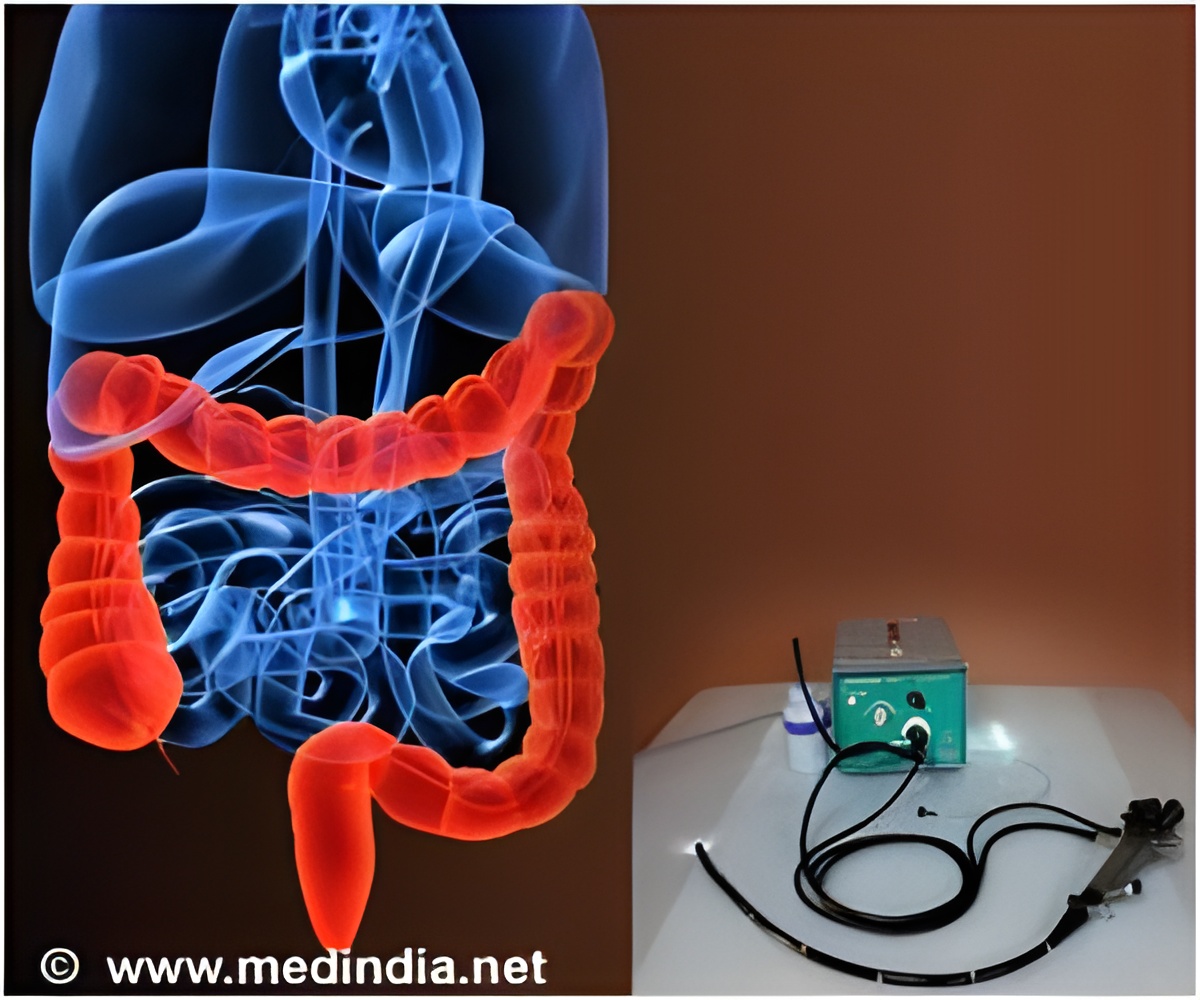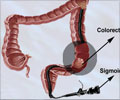Researchers reveal that cancer cells are able to become more resistant to chemotherapy and are more likely to spread to other organs after receiving a signal from blood vessels.

This signaling by the endothelial cells causes colorectal cancer cells to take on the attributes of cancer stem cells, said Lee M. Ellis, M.D., professor in MD Anderson's Departments of Surgical Oncology and Cancer Biology and senior author of the paper.
"Cancer stem cells initiate and sustain tumor growth, promote metastasis and resistance to chemotherapy and have a variety of other attributes," Ellis said. "We've identified a new way that elements of a tumor's microenvironment, in this case endothelial cells, promote the conversion of malignant cells into cancer stem cells."
The team found the blood vessel cells use a previously unknown method of activating the Notch molecular pathway in colorectal cancer cells to initiate that conversion.
Possibilities for Notch-inhibiting drugs Notch is a receptor protein found on a cell's surface that had been thought to be activated only by ligand proteins on the surface of other cells. Cell-to-cell contact was required. Notch is important to many cellular functions, including formation of new blood vessels, but it is often haywire in cancers.
"Our findings imply that Notch inhibitors under development and now in clinical trials might be able to affect tumor cells directly, through their vasculature, or both" Ellis said.
Advertisement
Jia Lu, MS, first author on the paper, and colleagues focused on the possible impact of endothelial cells on cancer stem cell promotion. In a series of experiments performed by a team of investigators at MD Anderson and other institutes, the researchers systematically laid out the connection between endothelial cells and colorectal cancer stem cells.
- Culturing human colorectal cancer cells with endothelial cells increased the number of cancer cells that express two markers of cancer stem cells, CD133 and ALDH activity.
- Growing cancer cells in endothelial cell-conditioned medium increased the CD133 positive cells by seven-fold, the ALDH-positive cells by 16-fold and caused a six-fold increase in sphere-forming capability, another hallmark of cancer stem cells.
- In a mouse model experiment, colorectal cells in medium conditioned with endothelial cells led to increased tumor formation and faster growth than did cells grown in a control medium,
- Endothelial cell conditioned medium treated colorectal cancer cells formed more metastases than colorectal cancer cells treated with control conditioned medium. In one study of liver metastasis, 9 of 10 mice injected with treated cancer cells grew liver metastases, compared to only 3 of 10 in the control group.
- Colorectal cancer cells cultivated in endothelial cell-conditioned medium survived longer when treated with two types of chemotherapy.
- Analyzing the presence of molecular networks known to be involved in cancer stem cell development, only the Notch pathway was activated in treated colorectal cancer cells.
- Notch is activated in colorectal cancer cells adjacent to endothelial cells in human tumors.
- Having previously found that endothelial cells secrete soluble proteins, the team found a soluble form of Jagged-1 activated Notch to promote cancer stem cell conversion. Jagged-1 was previously known only as a Notch-activating ligand anchored on the surface of another cell.
- They then established that the protease ADAM17 cleaves a part of Jagged-1 off to produce its soluble form.
- Cell line and mouse experiments showed that blocking production of ADAM17 with small interfering RNA or with an inhibitor of the protease blocked the formation of colorectal cancer stem cells.
Advertisement
Six drugs are approved for treatment of metastatic colon cancer, including ones that target blood vessels that support tumors. But there has been no dramatic improvement for patients, with median overall survival still less than two years.
With much additional research, the team's findings could lead to more refined targeted therapies for metastatic colorectal cancer.
Future studies will focus on other factors secreted by endothelial cells that promote cancer cell aggression. "It's clear that endothelial cells are more than just a conduit for blood delivery. In fact, in preliminary experiments, it appears that endothelial cells secrete more proteins than do cancer cells. This work, of course, requires validation".
Source-Eurekalert














